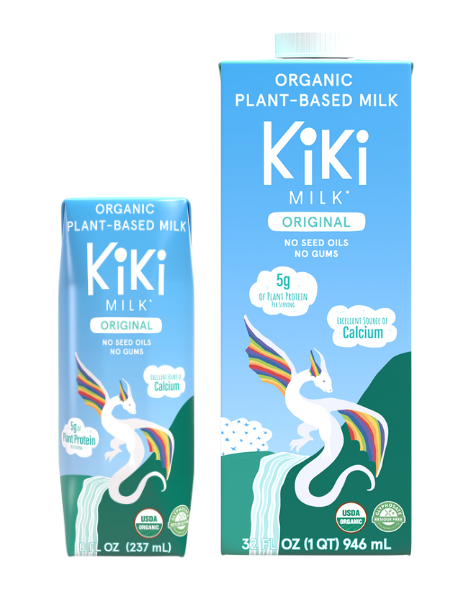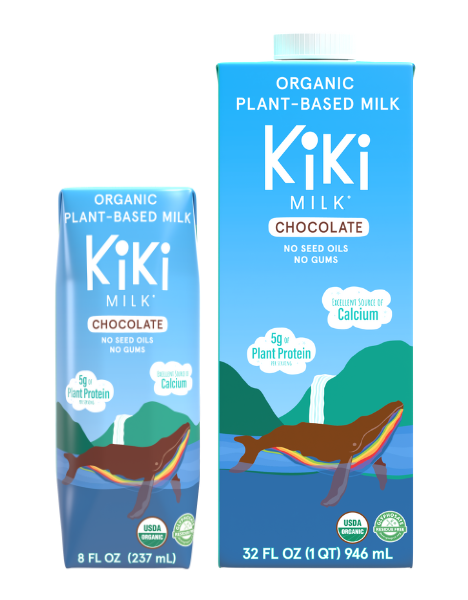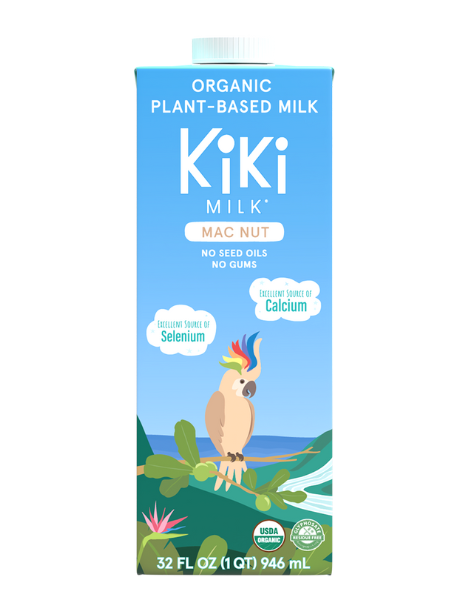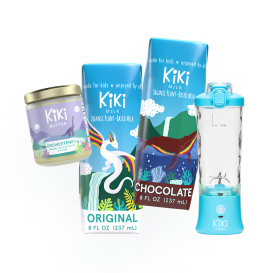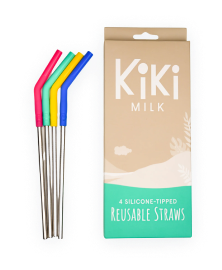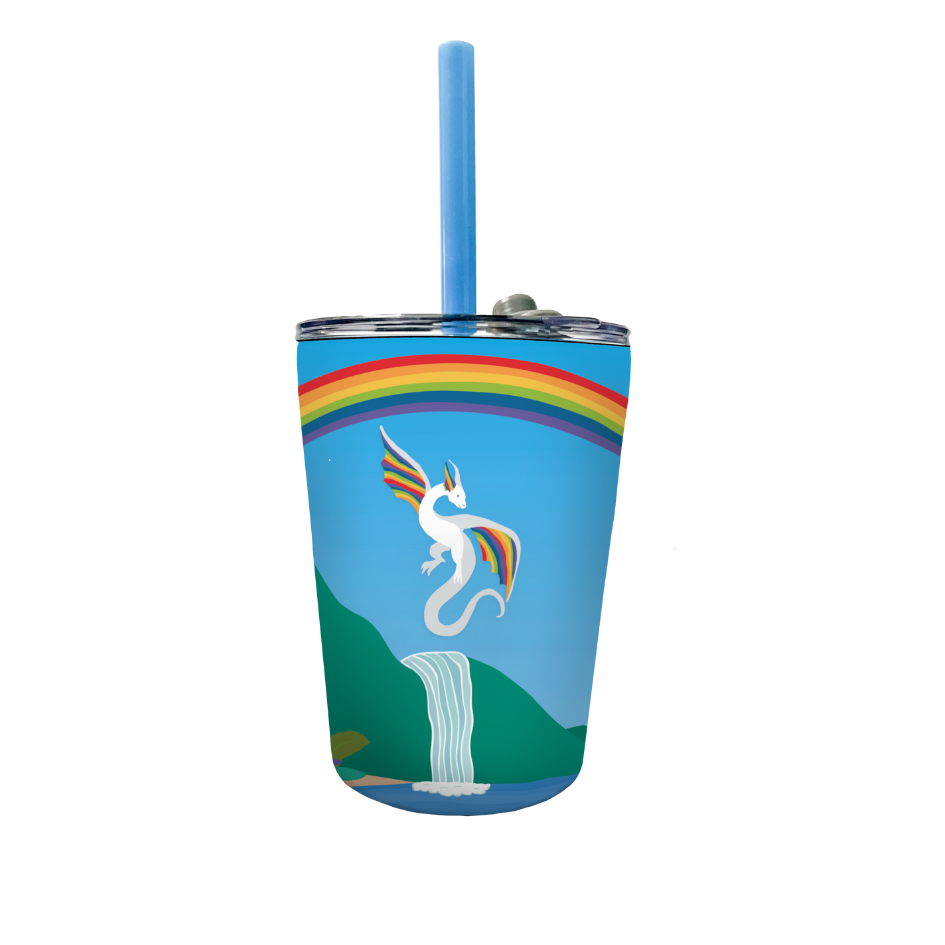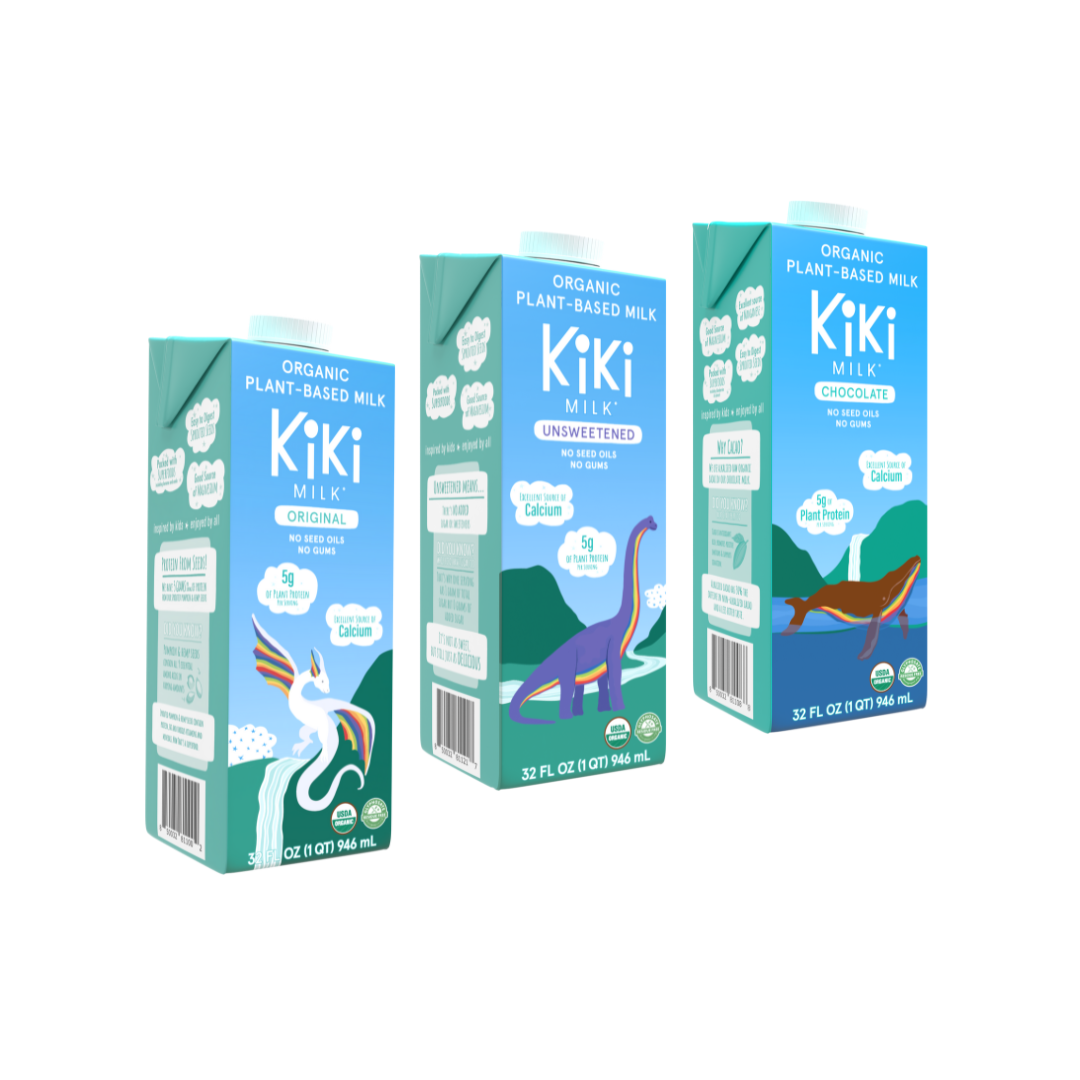What is Glyphosate?
"Glyphosate is the world's most commonly used herbicide. US farmers use 200 million pounds of glyphosate annually on their fields.”
How is glyphosate harmful to human health?
"Seen in all ages, glyphosate exposure has been linked to cancer, liver and kidney damage, reproductive and developmental issues, and more."
Why are children most at risk?
"Children are more heavily exposed to pesticides than adults because, pound-for-pound, they drink more water, eat more food and breathe more air."
Which foods have high amounts of glyphosate?
"Glyphosate is most prevalent in products made with non-organic soy, wheat, oats, rice, and corn. Certain non-organic fruits, vegetables, nuts, and beans are culprits too. This makes it pretty difficult to avoid completely."
Sources: CDC, The Guardian, EPA*

How can you avoid glyphosate?

Disclaimer: The information provided in this email is intended for educational purposes only. It is not intended to be a substitute for professional medical advice, diagnosis, or treatment. Always seek the advice of your physician or other qualified health provider with any questions you may have regarding a medical condition.
